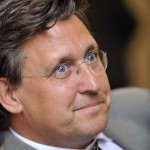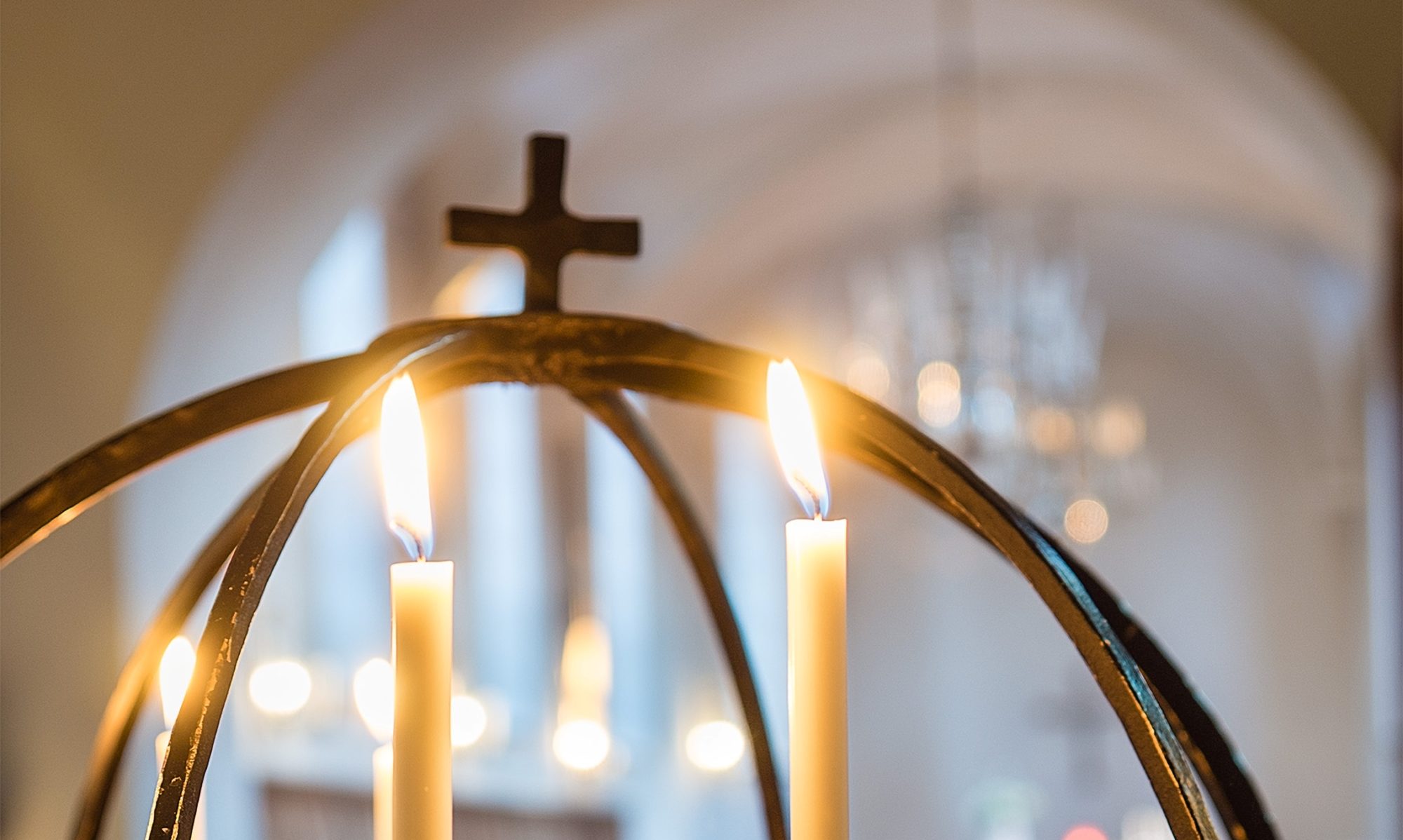 Europe and especially the European Union are in turmoil more than ever before. Already some years ago the President of the European Commission, Jose Manuel Barroso, spoke about the biggest crisis of the Union in its history. And signs got worse.
Europe and especially the European Union are in turmoil more than ever before. Already some years ago the President of the European Commission, Jose Manuel Barroso, spoke about the biggest crisis of the Union in its history. And signs got worse.
The economic, financial or dept crisis in Europe (however one might want to call it) is far from being over. There might be fewer emergency meetings of the European Council than in the last years, but the austerity measures still lead to widening gap between rich and the poor within many societies and an unprecedented unemployment in many countries, especially effecting young people. And due to the austerity measures it is almost impossible for countries like Spain and Greece to move towards a sustainable economic growth.
The waves of refugees coming or wanting to come to Europe just shows how little Europe contributes with a coherent approach to the root causes of migration and how little there is of a Common European Foreign and Security Policy as well as of a coherent action plan in the area of a global and sustainable development. In the Arab-European Citizens’ Dialogue, which had its last meeting in March at the Orthodox Academy in Crete, our Arab partners indicted very clearly that they do expected more of a common European response and support for their situation. And in addition: the way, the refugee crisis is handled within Europe also shows that “solidarity” is not the guiding principle within the continent.
And then there is the possibility of a “Brexit”, of the United Kingdom leaving the EU. Whatever the result of the British referendum will be, it will change the European Union. The “ever closer Union” mentioned as one commitments of the EU Member States in the Preamble of the Lisbon Treaty is no longer a common aim. I am surprised to how easily certain circles have adjusted to a Europe of different speeds.
2016 an “annus horribilies” for the EU and, even more important, for the European project of peace, reconciliation, prosperity and justice? – No wonder that the trust of many people in the institutions like the EU and in European leaders is diminishing. Thus far, the EU has not been a row model for an inclusive decision-making, but now even more decisions are taken behind closed doors between member states, rather than strengthening the democratically legitimized institutions such as the European Parliament. The impact has shifted from the community institutions to the member states again, from transparency and participation to mere crisis management.
“What shall’s,” many people might say. The EU is not to be identified with the European integration project itself and wasn’t it that the European project grew and got new impulses through crisis situations? Yes, this was true. But do such mechanisms out of necessity contribute to a positive vision for the European project with which the people can identify themselves? And in addition, the accumulation of present challenges for the European project seems to also indicate that the “old” mechanisms do not work anymore. The European project itself is at stake. The self-interests of EU member states seem to win over and against a common vision and common interests. The management and administration of challenges wins over and against forward-looking solutions, based on the values of a common European home.
At this stage, I am reminded of a moment at the last Annual Conference of Oikosnet Europe in Corrymeela, when friends and experts from Northern Ireland explained their approach to the present state of affairs in what is or was known as the Northern Irish conflict or troubles. “We know exactly what the conflict is about. The stakeholders and their respective interests are clearly identified? We know what we ought to do. But still there is no sustainable solution to the conflict between the different communities in our country. Unless we manage to change the overall narrative towards a positive common vision, there will be no sustainable solution”, one of the speakers said.
Despite a considerable resistance against the discourse about a new narrative for the European project in some quarters, I still take it that the Northern Irish experience is also true for Europe. As long as there is no vision for the European project, it will remain difficult to overcome a selfish attitude of European states and a business-as-usual mentality. And a vision, people can identify with, must be a positive one. Being afraid of other emerging economic powers, such as the BRIC states, will not create positive energy. What the people are looking forward is a just, participatory and sustainable Europe in a global context (quoting the terminology of a former programme of the World Council of Churches). This is what needs to be translated into an inspiring narrative and real politics for the sake of the European project as well as for the sake of the European Union. To this the members of Oikosnet Europe have a contribution to make.
Rüdiger Noll, Executive Secretary of Oikosnet Europe
